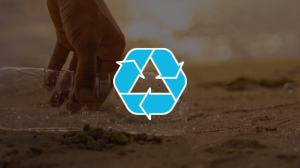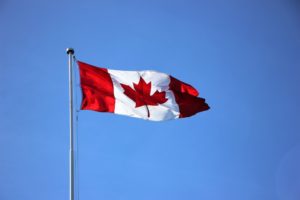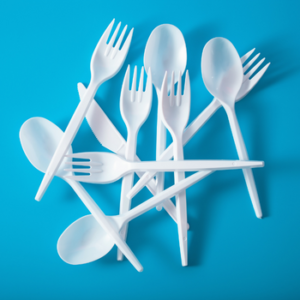‘It gives you a sense of pride’: what four people learned from quitting plastic for a month
This year is the 10th Plastic Free July, a campaign that asks individuals to change their approach to single-use plastics for one month a year.
The campaign’s founder Rebecca Prince-Ruiz says she never intended it to be a campaign or global movement. “I wanted to change my own behaviour,” she says.
In 2011, while working in local government in Australia, she visited a recycling facility and says she “was overwhelmed by how much waste we produce”. That year, she decided to cut back on her single-use plastics, and 40 co-workers joined her in the challenge.
This year, the campaign estimates they had 326 million participants, worldwide. “Back then the whole plastic pollution problem … just wasn’t on people’s radar. Plastic Free July really grew because so many people felt the same thing. This was something practical and tangible we could do about it.”
Of 2020’s challenge, she says: “In some ways it’s been a little bit easier, not travelling and just being at home. I’m really being mindful of trying to reduce my food waste. I’ve learned to make stock from wilted veggies and I’ve been making my own pastry, which is so much fun and avoids the packaging as well.”
Another “game-changer” for Prince-Ruiz was “making a shift to reusable menstrual products” – for both convenience and cost. “I can’t believe how much money I used to waste on that stuff,” she says.
Prince-Ruiz says the campaign is about making small, incremental changes. “I think if we try to do everything you’re going to fail. If you choose one or two things, people make the challenge their own.”
Guardian Australia spoke with four other Plastic Free July participants, both newbies and experts, about what they’ve learned this month.
‘We’ve made a conscious effort to think ahead’
– Elliot Liebermann
I’d like to think I’ve always been conscious of reducing my plastic waste, but the reality is I’ve only started to do something about it in recent years. It was something that was drilled into me as a child, but as a child it’s not a tangible problem. It’s only when you start to get a better understanding of the world we live in that you start to really feel a sense of responsibility for it.
Throughout my 20s, as responsibilities in life start to mount, it’s something I started to think about more. My partner and I have been consciously reducing our plastic waste for the past few years, but we decided to embark on Plastic Free July for the first time this year to take things to the next level. It helps to have a set timeframe that you can really focus your efforts on.
On the whole, going completely plastic free has been much harder than we thought. Taking part gives you the opportunity to really assess your plastic consumption on a day-to-day basis, and it’s only then you realise just how much plastic you use. It’s easy to focus on plastic bags and food packaging, but the reality is plastic is used in pretty much every aspect of our lives. Whether it’s the toothbrush you brush your teeth with, or the credit card you use at the supermarket, we found it pretty much impossible to cut it out altogether. It was at that point of realisation we decided we’d treat our July as a month for doing as much as we could to cut out the unnecessary use of plastics, rather than attempting the literal meaning of the challenge.



